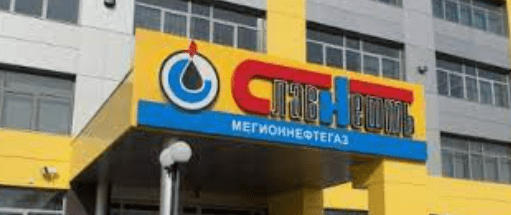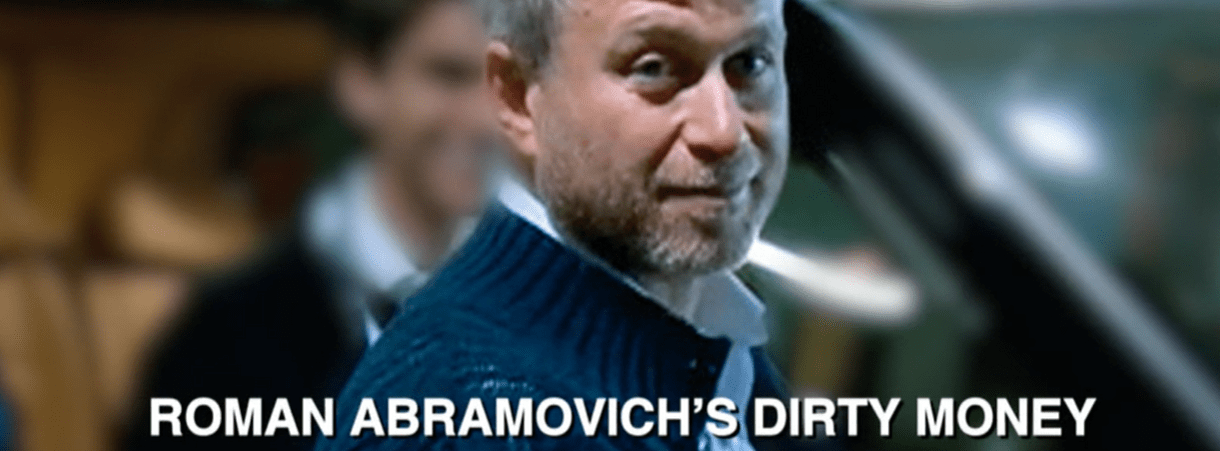By Mark Langabeer, Hastings and Rye Labour member.
Panorama’s most recent programme last week, exposed the dirty money behind Roman Abramovich, the owner of Chelsea Football Club. Much of what was revealed by Panorama has been in the public domain for many years, but it will not have been widely known, and indeed would still not be widely known, but for the war in Ukraine.
Abramovich and 400 other wealthy Russians have only now had their assets frozen because of the invasion of Ukraine, but the fact that they have been the beneficiaries of ‘dirty money’ has been known for years. Even right wing Labour MP, Chris Bryant, noted that dirty money has flowed through the UK financial system for years.
The Conservative Party has been bolstered to the tune of tens of millions in donations from Russian billionaires, but the Government has sanctioned Russian oligarchs only because of public pressure over the invasion and the links between these oligarchs and the Kremlin.
Roman Abramovich has a mansion in London, valued at around £150mn, and an apartment worth £30mn; he has two yachts and a private jet believed to be the most expensive in the world. It remains to be seen whether the “freezing” of his assets means he has lost them forever, of if he will get his money back later.
Thousands of ‘golden visas’ given out to the super-rich
Abramovich was not alone in being welcomed with open arms into the UK, dirty money or not. The programme reported that around 2,500 wealthy Russians were given so-called ‘golden visas’ because they were ‘investing’ (ie laundering their money) in the UK. A blind eye was turned to the dubious sources of their wealth and, up to now, to their links to Putin.

Panorama reported that Abramovich was at one time jailed, at the age of 25 – which is something he freely admits – when Russian police were investigating his role in the theft of diesel. This was no petty heist: he was alleged to have diverted an entire trainload of diesel to Riga to sell it on. He was indeed an oil trader at the time and, on being released from jail, charges were mysteriously dropped.
Later on, he made a massive pile of money by plundering state assets. He bribed a state employee to bundle up several oil and gas companies into one, called Sibneft, and then to auction it off. By a strange coincidence, Abramovich’s bid won the auction – a Chinese company having been ‘persuaded’ to withdraw its bid by the kidnapping of its representative in Russia – using money he was allowed to borrow from a state bank. At that time, Panorama, noted, there were more moves to have Abramovich charged with fraud, but once again the charges mysteriously vanished.
Panorama revealed that the total bribes to set up Sibneft and then arrange for Abramovich to win the ‘auction’ totalled $10mn. But these goings-on have already had a public airing in the British courts, because in 2014 Abramovich was sued by the man who facilitated the bribe, one Boris Berezovsky, for money he apparently owed him. According to the programme, Abramovich even confirmed some of the allegations in court and he effectively admitted that his wealth was based on corruption.
Latter-day robber-barons
After running Sibneft for a few years and making minimal investments, the company that he had bought for $137mn was then sold back to the state for a cool $13bn. After After the collapse of the Soviet Union, the entire system of state-owned industry and banking was privatised by latter-day ‘robber barons’, whose only advantage was a connection with the old state bureaucracy or with organised crime. At that time, it had been Abramovich who had the chutzpah, but it was Berezovsky who had all the connections and who knew who to bribe and by how much.
Sibneft was not the only example of bare-faced plunder. The Panorama programme referred to the sale by the state of another big energy company, Slavneft, in 2002. Again, there were different factions of gangsters trying to buy it, and the process apparently included some violence. Abramovich’s bid was not the highest, we are told, but through a prior agreement, it won, and yet another company was bought at a knock-down price.
Throughout the 1990s, stories about business rivals being murdered were commonplace. It was a Russian version of the Wild West. A former Russian finance minister even admitted that Abramovich and many others secured their wealth by corrupt means at the expense of the Russian people.

What conclusion should we draw from Panorma’s investigations? In my view, it mirrors exactly what took place and is still ongoing in the UK. Former state-owned companies were sold off on the cheap so that some people became rich at the expense of both the workers of the companies and taxpayers generally.
Time to sanction all of the oligarchs
Public monopolies became private ones, and rather than provide a public service, their sole interest has become profit for shareholders. The only difference was the more or less open gangsterism that accompanied Russian privatisation. It is time to sanction all the oligarchs, regardless of nationality and to return their assets to the state, with minimal compensation based only on need.
Abramovich’s admissions in court seemed to do him no harm at all as far as UK high society was concerned, and despite the fact that after having been protected by Yeltsin in the 1990s, he was later patronized by Putin. Indeed, documents presented to a court in Spain named Abramovich as the ‘manager’ of Putin’s overseas money.
Labour MP Chris Bryant suggested in the programme that “We have prostituted ourselves as a nation”. Chris should speak for himself, because some of us are not part of that “we”. And if Bryant is really concerned about dirty money, let him bring forward policies to sequester the assets of all of these plunderers who launder their money in London, whether they are Russian, Ukrainian or from elsewhere.
The Panorama programme is still available on BBC i-player, here.



